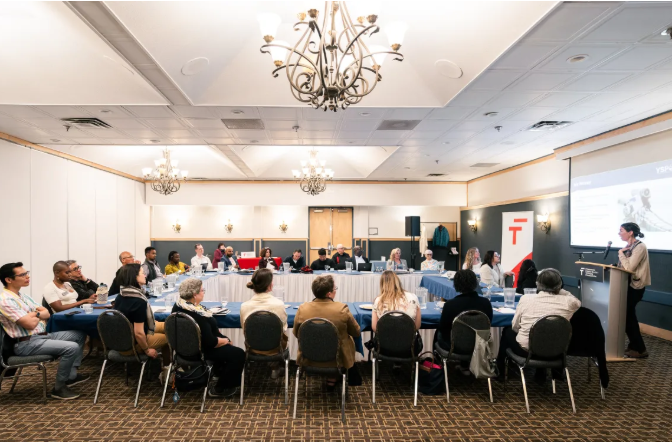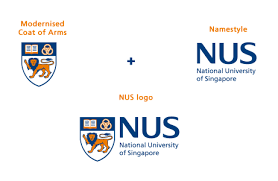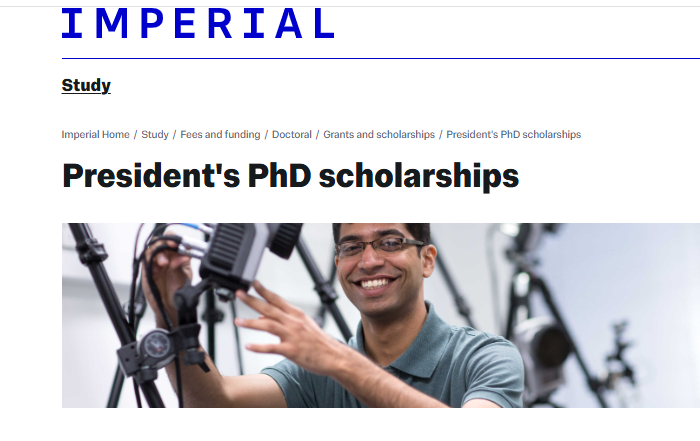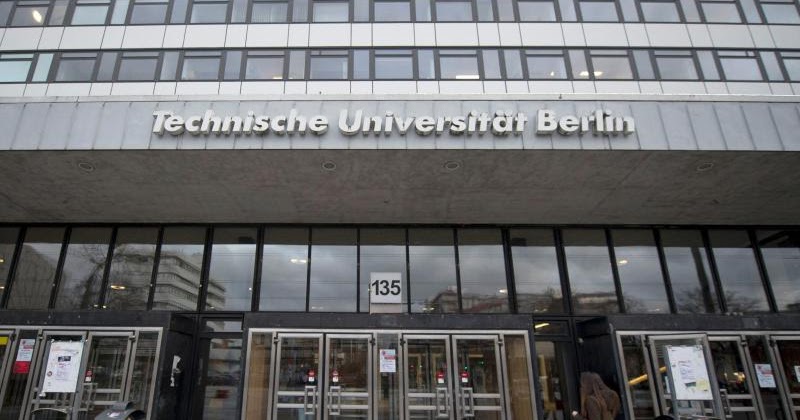- Home
- PhD Studentship in Renewable Energy: Development of a numerical design algorithm for a hollow braided offshore shock absorber
Location: Penryn Campus, University of Exeter, Penryn, Cornwall TR13 10FE
Primary Supervisor:Â Â Â Prof. Lars Johanning
Secondary supervisor: Â David Parish, University of Exeter
Funding: Â 3.5-year studentship: Tuition fees (UK/EU) and an annual stipend equivalent to current Research Council rates
This PhD will be part of a larger EU-H2020 project, led by the Spanish organisation Tecnalia, entitled 'OPERA - Open Sea Operating Experience to Reduce Wave Energy Cost'. The primary objective of OPERA is to gather open-sea operating experience to reduce the cost of wave energy. This will be achieved by fully exploiting the opportunity presented by the nationally funded open-sea testing of a floating Oscillating Water Column Wave Energy Converter at BIMEP (Spain) in order to improve survivability and reliability, reduce technological and business risk, and validate promising cost-reducing technologies. The PhD studentship will contribute to WP 2 ‘mooring loads assessment and reduction, shared mooring validation’. A key feature of the project will be collaboration with team members and project partners working on the engineering challenge to inform the design requirements of the hollow braided tether within mooring configuration, developing the numerical model and support the generation of field data for validation purpose. This PhD will specifically support the aim through the development of a numerical model to provide a detailed mechanical characterisation of the tether, supported by bench testing and an in situ measurement campaign. The student will work with both engineering colleagues, using output from the models to inform the design of anchoring systems able to withstand the most extreme conditions that might occur at the site and to understand the wider impacts on the environment and develop appropriate mitigation strategies.
Contact for Informal enquiries: Prof Lars Johanning (tel: 01326 253730)
Application criteria
The suitable PhD candidate will have a strong background in engineering combined with software development. As a consequence a strong mechanical understanding is required to translate these into a numerical model that properly represents the structural behaviour. The candidate will have a strong background in engineering, physics or mathematics and IT. Previous experience of numerical modelling, Matlab programming and working with simulation models such Orcaflex are highly desirable, and experience with filed demonstration would be beneficial.
Postgraduate Research Office:Â emps-pgr-ad@exeter.ac.uk
The closing date for applications is midnight on 3rd January 2016
Apply Now
Scholarships are not only for the smart students. Anyone can get scholarships
Spread the word to help others. Click share now!!
Important Tip!!
Apply to as many scholarships as possible.Present your letter if Intent clearly and you will surely get an institution that will be interested in your profile.
Similar Scholarships
- 06.27.2017
Game development scholarship
- 12.08.2015
Postgraduate Bursaries for Teacher Training
- 03.04.2016
Geography Scholarships for UK/EU Students
- 12.08.2015
PhD Studentship and MLitt Scholarships
Scholarship Categories

- 2025-09-09 13:46:25
Ohio State University Fully Funded Scholarships in USA 2026

- 2025-09-09 13:14:07
2025 FCM Foundation Scholarship For Nigerians

- 2025-09-09 12:08:48
2025 Stanbic IBTC Scholarship

- 2025-09-09 11:49:55
Rolls Royce Fully Funded Scholarship at University of Nottingham UK 2026

- 2025-09-09 11:05:14
2026 Pierre Elliott Trudeau Fully Funded Scholarship in Canada

- 2025-08-29 10:17:50
2026 Lee Kuan Yew Fully Funded Scholarship in Singapore

- 2025-08-29 09:44:03
2026 Transform Together Scholarship at Sheffield Hallam University, UK

- 2025-08-29 07:45:54
2026 Imperial College Fully Funded President Scholarship in UK

- 2025-08-22 09:54:18
Hong Kong Fully Funded Fellowship Scheme

- 2025-08-22 09:39:01
2026 World Bank Government Analytics Fully Funded Fellowship Program

- 2025-08-22 08:08:38
2026 KAAD Scholarship in Germany For International Students

- 2025-08-22 07:44:47
Temple University Scholarship in USA 2026

- 2025-08-12 15:04:14
2026 NHR Fully Funded Scholarship in Germany

- 2025-08-12 14:44:52
2026 Chevening Energy Market Reform Fully Funded Fellowship in UK

- Viewed:
- 3473544 Times
- Posted: 2016-03-05 09:45:52
The MARCS Institute for Brain, Behaviour and Development: CoEDL PhD Scholarship- Speech and Language & Music Cognition and Action

- Viewed:
- 2986669 Times
- Posted: 2016-03-28 08:01:52
NSW Environmental Trust PhD Scholarship

- Viewed:
- 1419736 Times
- Posted: 2016-03-19 10:19:35
The MARCS Institute for Brain, Behaviour and Development: CoEDL PhD Scholarship- Human-Machine Interaction & Speech and Language

- Viewed:
- 1241101 Times
- Posted: 2016-03-09 20:34:01
PhD Opportunities at Murdoch University (Australia)

- Viewed:
- 567159 Times
- Posted: 2016-03-14 19:07:43
preventing the progression of acute to chronic whiplah

- Viewed:
- 442079 Times
- Posted: 2016-03-22 11:06:35
Treatment outcomes in multiple sclerosis

- Viewed:
- 415809 Times
- Posted: 2016-03-09 09:24:05
Adaptation to urbanisation

- Viewed:
- 312537 Times
- Posted: 2016-03-09 09:33:58
PhD in social dimensions of global change research between USC and Brock University

- Viewed:
- 299378 Times
- Posted: 2016-04-02 20:43:04
Modelling of steel and concrete composite structures under extreme loading

- Viewed:
- 187411 Times
- Posted: 2016-03-08 08:21:13
ABIOTIC STRESS TOLERANCE IN MODEL AND CROP PLANTS: UNDERSTANDING THE ROLE OF MEMBRANE LIPIDS AND PROTEINS.��

- 08.22.2020
I love scholarships
WHy SCHOLARSHIP GRANTS
iScholarshipGrants.com is a comprehensive online platform dedicated to helping students find scholarships and grants for their education. The website offers a wide range of funding opportunities, including merit-based, need-based, and program-specific scholarships, making it easier for students to access financial support. With regularly updated listings, iScholarshipGrants.com simplifies the search for scholarships across various fields of study, helping students achieve their academic and career goals without the financial burden.
CONTACTS
- 80 Calsttock Drive Toronto, Ontario.
- +1 6479689191
- support@ischolarshipgrants.com
POPULAR SCHOLARSHIPS
- Amount
- October 30, 2014
The Baxter Corporation - Jean Goodwill Scholarship
Copyright ©2024 ischolarship grants


Have a Question about this Scholarship?